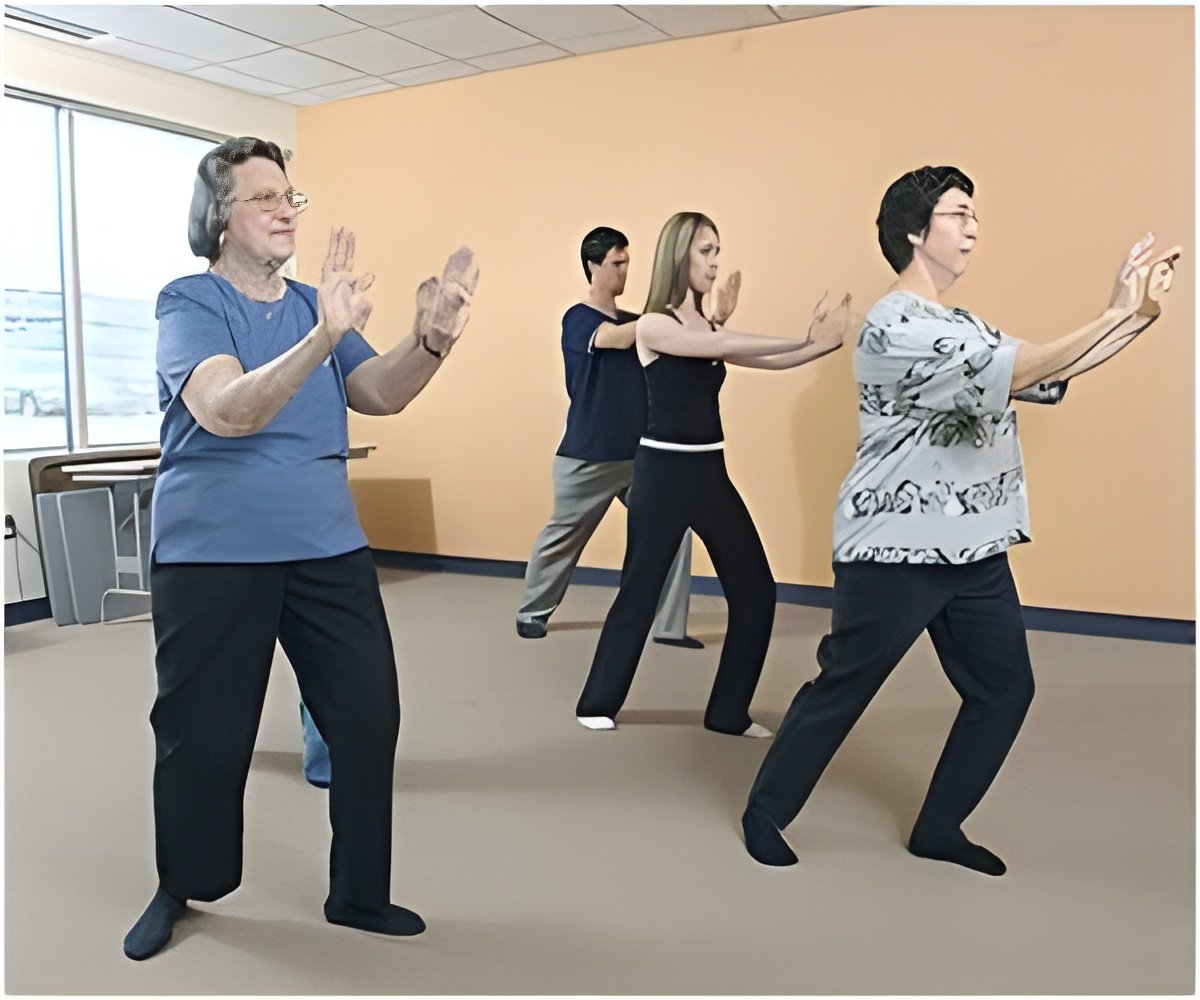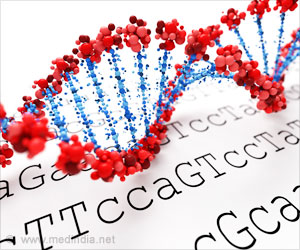
Researchers followed 424 sedentary, mobility-limited seniors aged 70-89 for a year. Participants were randomly placed in a group that focused on either health education or physical activity.
The health education group received ongoing presentations on eating right, how to properly use medication, and other information on maintaining a healthy lifestyle, but did not perform exercise as part of the study.
Seniors in the physical activity group were taught a variety of strength and balance exercises and a walking program that they were encouraged to perform both in a group setting and at home.
The researchers measured changes in walking speed and participants' ability to perform other tasks such as getting up from a chair.
They found that the physical activity intervention led to greater improvements walking speed among ID and DD genotype carriers (29.9 percent and 13.7 percent respectively).
Advertisement
II carriers in the physical activity group also experienced smaller gains in lower body performance than those in the health education group.
Advertisement
This insight could be used to develop more effective, individualized, and senior-friendly exercise recommendations for improving physical function and preventing in disability.
The study is published in Physiological Genomics.
Source-ANI










